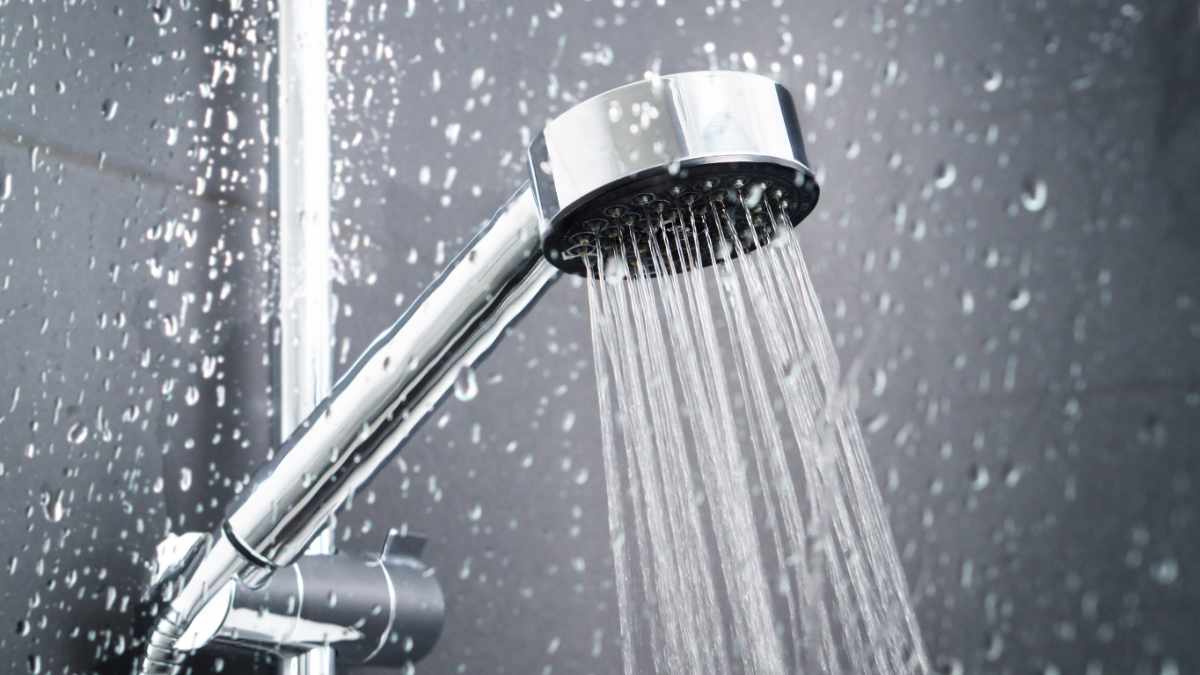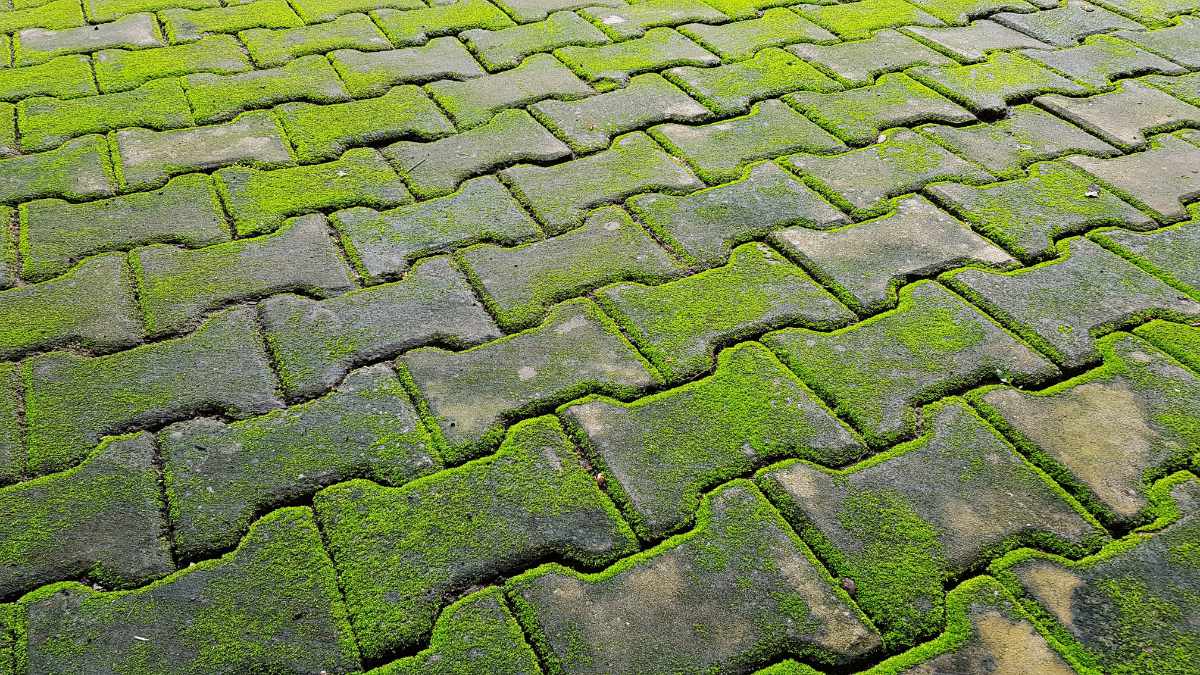Our companies are backed by the Five Star Guarantee. Call one today!
If you live in a cold climate, it’s important to make sure your home is winter-safe.
This includes making sure pipes and other water sources are insulated. Your house will need adequate insulation, as well. It also means checking for ice on sidewalks before venturing out. Otherwise, you may end up limping back home with an injury.
There are many ways we can keep our homes safe during the winter months. In this article, we’ll talk about some of those ways so that you can have peace of mind all season long.
What Is Home Safety?
Home safety refers to the various things you can do to make sure your home is a safe space for you, your family and your pets.
These include things like checking for ice on sidewalks before venturing out, insulating pipes from the cold weather outside, and making sure doors are securely locked.
RELATED: What Should I Do If My Pipes Freeze?
Why Is Home Safety A Concern In the Winter Months?
During the winter months, home safety is especially important because of all of the ways your home can be vulnerable.
The cold weather outside can lead to busted pipes, especially if those running through the home are exposed.
In addition, low temperatures make ice a concern. Slippery sidewalks and roads mean there’s a risk for injury even when you’re just going out to grab some groceries from your car in the driveway.
How Can Homeowners Keep Their Homes Safe?
Here are several tips you can put into practice right now to keep your home safe.
Pipes & Water Sources
Insulate exposed pipes and water sources before winter hits. This means checking the crawlspace, attic, basement or anywhere else that you might be running a hose but not using it.
If they’re exposed to the cold, iced water can burst them and cause a huge mess.
Outdoor Ice
Check for ice on sidewalks before venturing out into them. It’s not worth it to take chances with your safety!
Home Security
Make sure doors are locked and secure when you’re home or away from the house, especially during winter nights when everyone is out of the house.
Also, make sure all windows are closed and properly shut before leaving your home to make it as insulated as possible during the winter months.
Carbon Monoxide & Fire Safety
Install both a carbon monoxide detector and a fire alarm if you don’t have one. This is an important safety precaution.
RELATED: What You Need to Know About Your Home’s Smoke Alarms
What You Need To Know About Winter Pet Safety
If you are a pet owner, it’s important to be aware of the challenges winter weather can bring. Dogs and cats can be especially vulnerable during winter months.
For this reason, it’s important to make sure that your pets are safe when you’re not home or when winter weather is at its worst.
- Avoid taking them outside when it’s too cold out, especially if they’re not used to being exposed to low temperatures for long periods of time.
- Check their paws regularly because snow can get stuck in between the toes and be very uncomfortable.
- Make sure that there’s fresh water available inside or outside at all times, especially during winter nights when everyone’s indoors and it might get particularly chilly.
- If you have a fireplace or wood-burning stove, make sure that your pets are not in the same room as it is when it’s being used so they don’t overheat and get sick.
Final Thoughts
Now that you know what home safety entails, you can keep yourself safe throughout the winter.
Follow these tips for peace of mind this season!
KEEP READING: Who Should I Hire To Help Clean After The Holidays?
Quality matters when hiring for a big project. Call a Five Star Rated professional now!
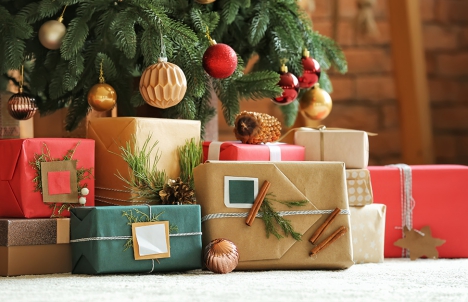
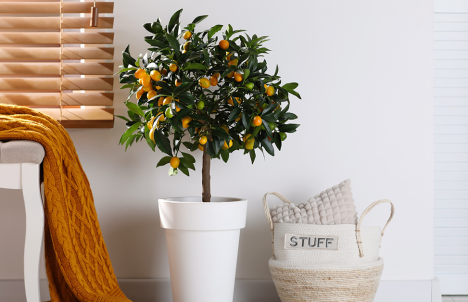


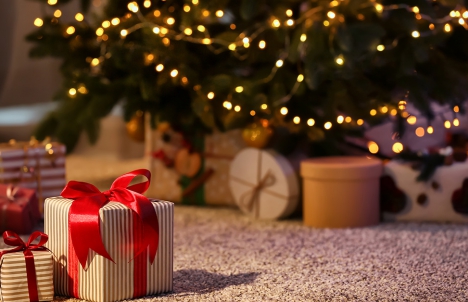
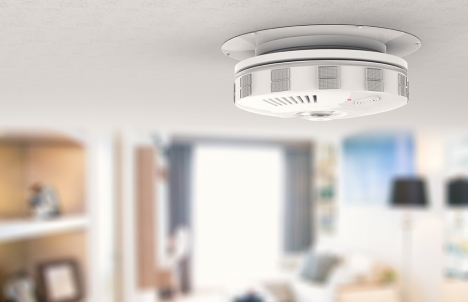



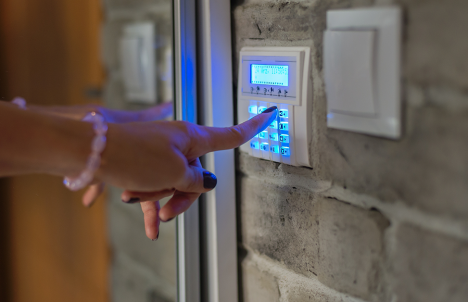
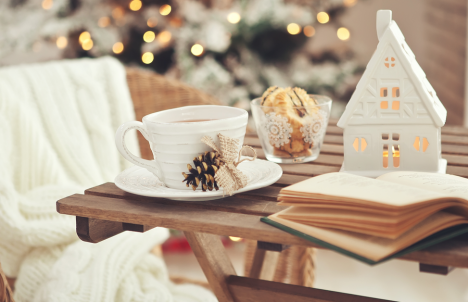


 Top Categories
Top Categories




